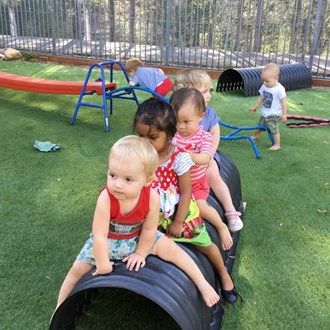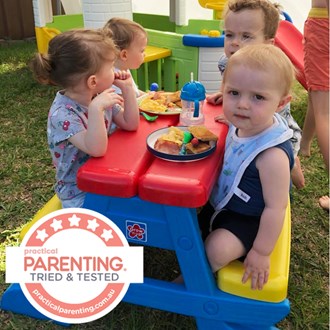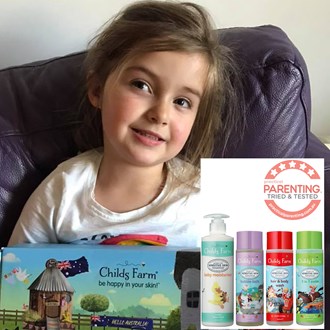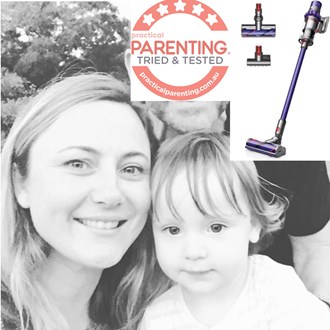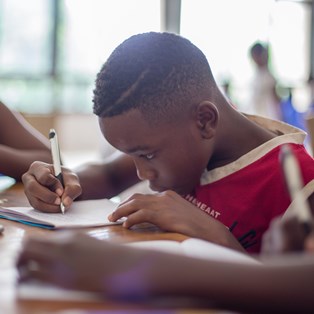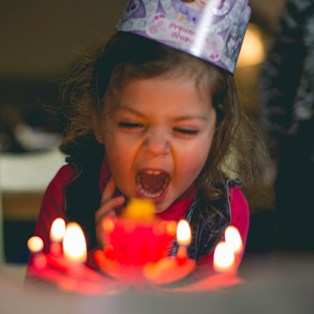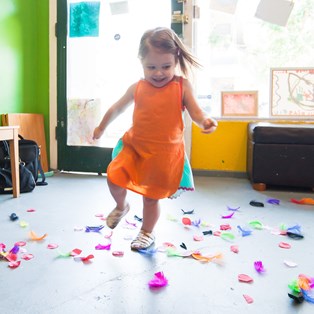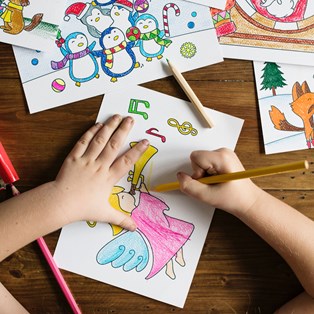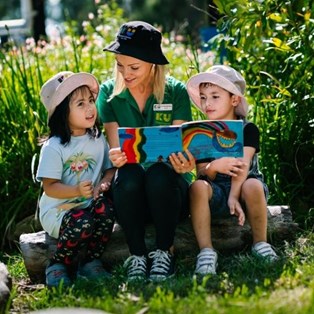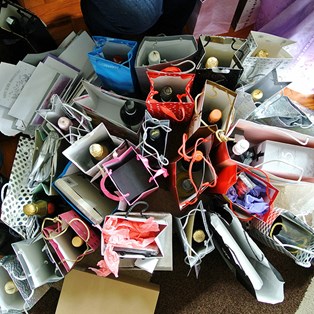5 ways to encourage teachable moments with your child

Making the most of early learning

By Tara Ali
February 09 2020
You may end the day exhausted by the number of questions your children have asked you, but the way you answer plays a key role in a child’s brain development. “When a child invites you into a situation where they want to understand more, we call this a ‘teachable moment’,” explains Rosanne Pugh, director and educational leader of KU Ourimbah Preschool and Children’s Centre.
Sometimes all questions need is a one-word answer (especially when you’re also trying to cook dinner) but, says Pugh, parents can use opportunities throughout the day to explore and expand on knowledge with their child. “Teachable moments are important because they are the way children build up their understanding of the world. They’re like food for the brain.”
1. Actively listen
“As parents and educators, we listen to the children about what their ideas might be, or what they are trying to find out,” says Pugh. Identifying teachable moments can be as simple as paying close attention to what your child is actually asking you and using it as an opportunity to explore answers together. You could look at a book or make a drawing or suggest different possibilities for an answer. “Knowledge is an ongoing dialogue between you and your child. The building of knowledge really develops the child’s sense of themselves, their self-belief and their capacity to investigate.”
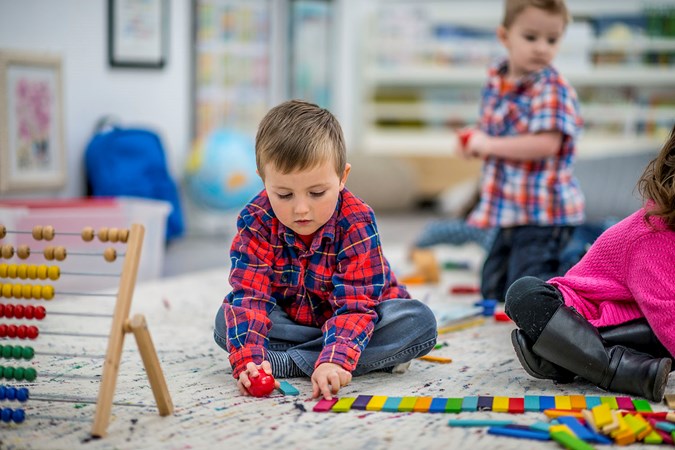
2. Observe body language
Asking questions is the most obvious way children offer up teachable moments, but there are lots of other ways. “Very young babies might move towards a toy they want to explore or be looking out of the window at something,” says Pugh. This is your chance to talk with them about birds or raindrops – use lots of descriptive language such as the size of things or the colour or sound. “Your child might hold out their hand or make a gesture, or repeat behaviours over and over again trying to find something out.”
3. Encourage play
“Children’s neurons are never more on fire than when they are playing,” says Pugh. Encourage teachable moments by giving your children a dressing-up box of different costumes, so they can discover policemen, the fire service, superheroes, how to dress themselves. Sometimes all you need to do is point your child in the right direction. “Give babies and very young children some cornflour and water. They will be thinking ‘Oh what is this?’ Or ‘what can I do with it?’ Or ‘how can I combine it with something else?’”
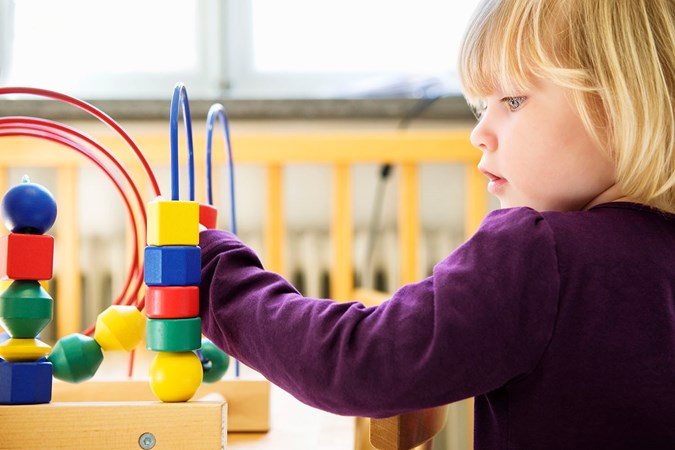
4. Go for walks
Walks provide wonderful ways to explore knowledge. “Yesterday we took the children on a walk to the creek, and the raindrops falling from the trees were making little circles in the water, so we discussed what could be making these,” says Pugh. “Some children thought it could be fish or tadpoles, or a frog. We didn’t answer the question directly but took it as an opportunity to do some water play back at the centre and experiment with what happens when we drop things into water, what shapes does it make?”
5. Ask open-ended questions
“Look for opportunities to encourage conversations with your child. It could be while you’re all in the car, or when you are cooking together, or while getting your baby dressed,” says Pugh. Throw questions back at them, encourage discussions about what’s happening in books or with a game they are stuck with or talk about who you are visiting that afternoon. Any opportunity where you can play with knowledge is a valuable teachable moment.
Want more information?
KU Children’s Services is the recognised leader in early childhood education, providing high quality, play-based learning experiences based on approved learning frameworks. KU offer a full range of service types including preschool, long day care, occasional care, outside school hours care, work based childcare, early intervention services and family programs. KU meets the early childhood needs of more than 13,000 children and their families each year and manages around 140 children’s services and programs across NSW, VIC, QLD and the ACT.

